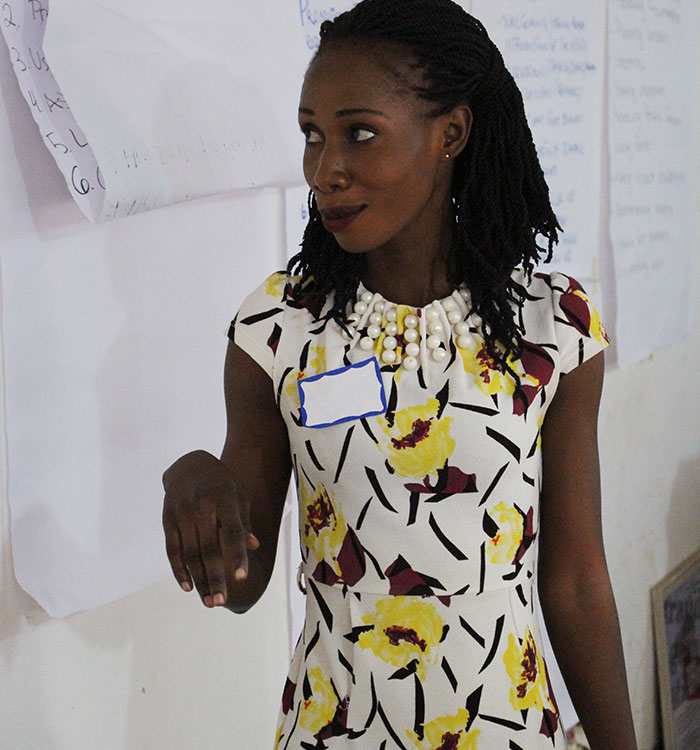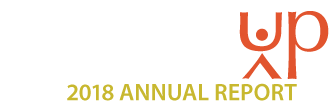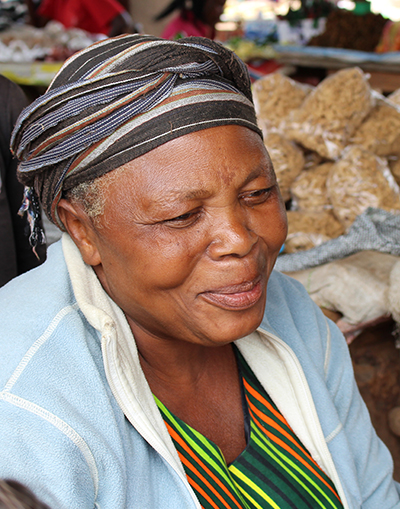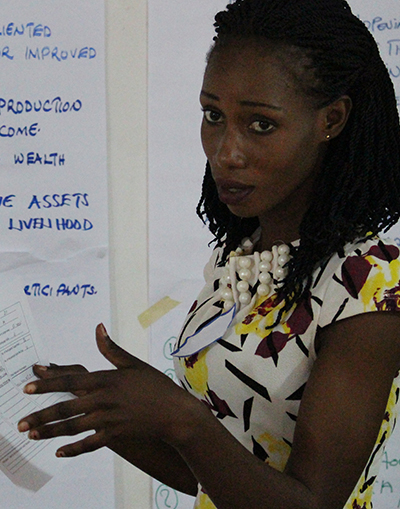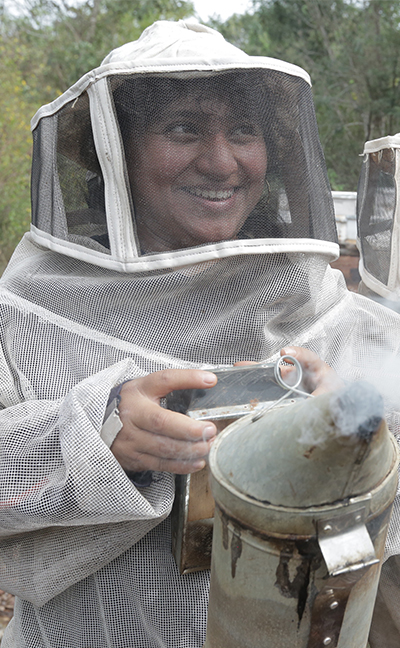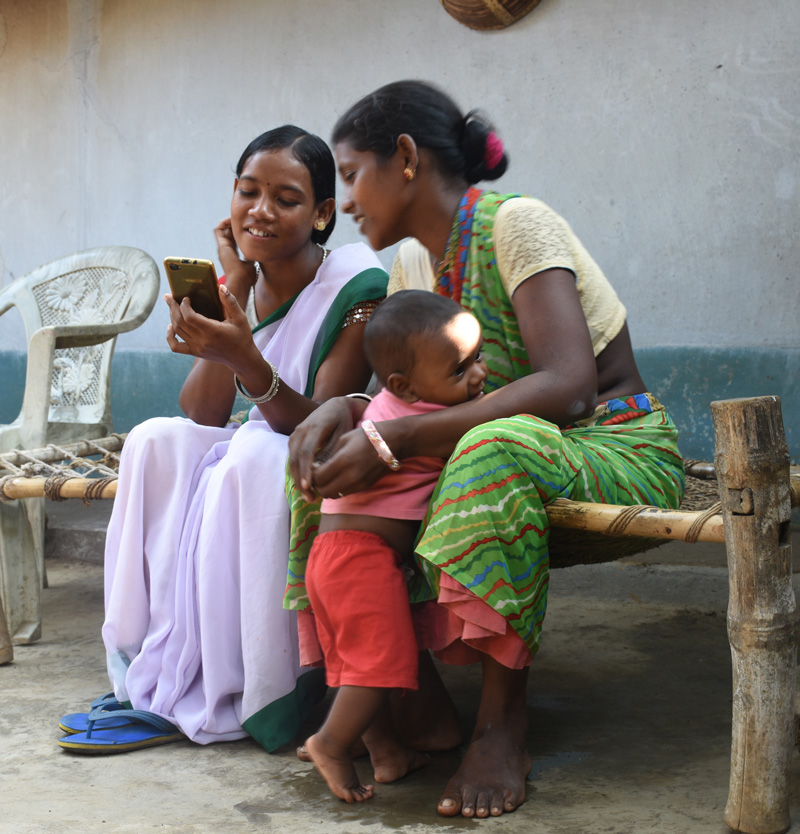Refugee Affairs
Refugee Affairs
Vision and Systems Change
Trickle Up is advancing the economic and social well-being of people affected by displacement living in extreme poverty by raising awareness, building evidence, and providing high quality technical assistance to implementing partners. Trickle Up’s work with refugees informs regional teams in the Americas, Africa and Asia on how to work with displaced people and provide technical assistance to implementing partners.
Adapting programs for Displaced People
The Refugee Affairs team is increasing other regions’ awareness of displaced people within all Trickle Up countries of operation, sensitizing us to the characteristics and needs of these populations, and incorporating such populations into the strategic priorities of each regional office.
Creating technical assistance structure
The Refugee Affairs team has systematized learnings from their work as a Technical Assistance provider to partners and governments, which has in turn strengthened the knowledge base for other Trickle Up regions providing similar technical assistance services.
The Refugee Affairs team draws on lessons from the regional teams, including selection procedures, poverty segmentation, coaching, savings groups, and monitoring and evaluation systems.
COUNTRIES
1914
PARTICIPANTS
Project Highlight:
UNHCR
85.7%
of participants in the Meheba settlement in Zambia have at least two meals a day (up from one meal a day).
$3.4K
was saved by participants with their savings groups in the Meheba settlement in Zambia.
$14.2K
in assets were earned by 31 participants rearing livestock in the Meheba settlement.
LIVING STANDARDS
77.8%
of participants of participants in the Meheba settlement in Zambia have reported an overall improvement in living standards.
– Marie, Participant from Meheda Settlement, Zambia
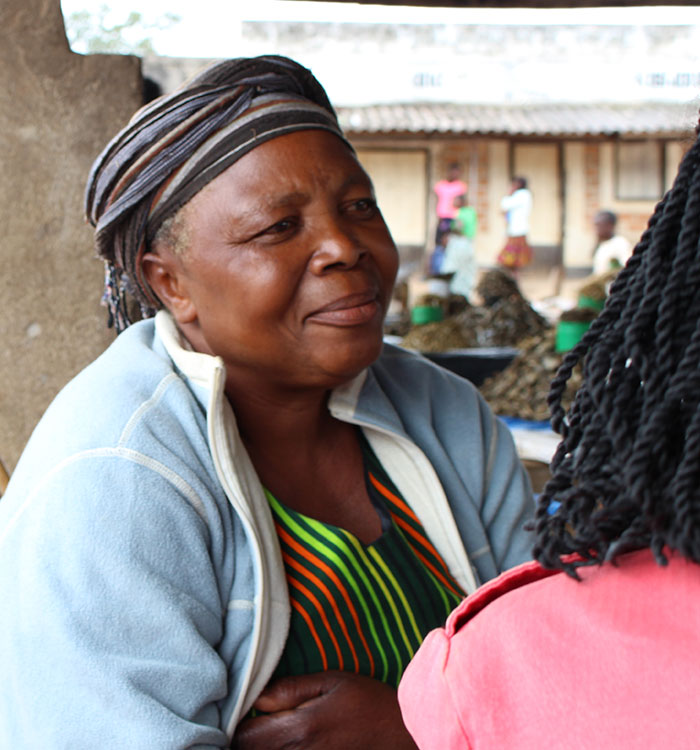
– Marie, Participant from Meheda Settlement, Zambia
Marie and her family have lived in displacement for 36 years, arriving in Meheba settlement in 1993. They struggled to make ends meet working odd jobs. On the toughest days, they could not afford to eat even one meal a day. Now, thanks to the business training she received through Graduation, Marie has been running a stall in the market of the settlement for almost a year. Today, her family eats at least two nutrional meals a day.
– Aude, Graduation Coach, Meheba settlement, Zambia
Aude’s family fled Burundi when she was only 8 months old. Now 23-years-old, she has spent most of her life in displacement and graduated high school in the Meheba settlement in Zambia. Receiving a work permit in Zambia as a refugee is a right restricted only to those with specialized degrees, such as doctors and lawyers. However, Aude joined the Graduation pilot program as one of the first six coaches supporting her participants on the path towards self-sufficiency and independence.
– Aude, Graduation Coach, Meheba settlement, Zambia
